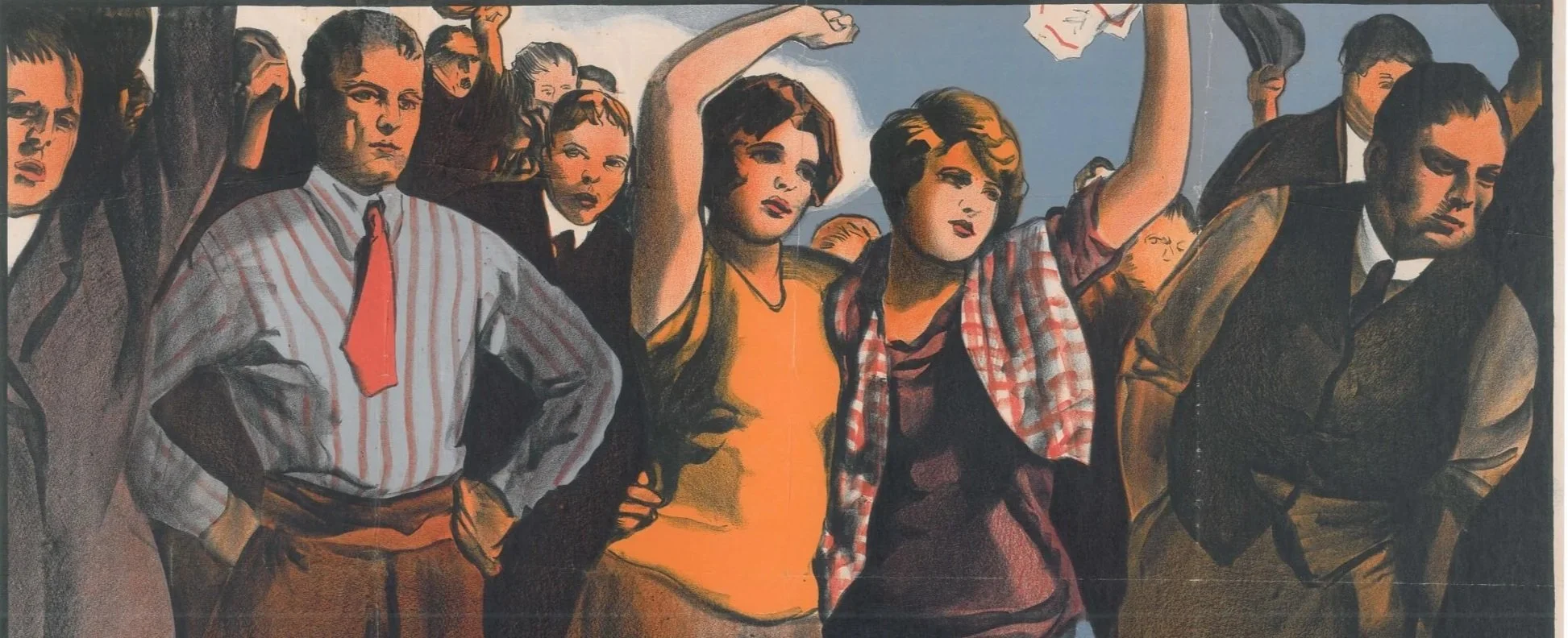
Core Aims
Ending the Two Englands
The United Kingdom is the most regionally unequal country in the developed world and England is the most starkly unequal nation in the union.
There are ‘Two Englands’.
The First England - where the nation’s wealth is concentrated, finds Foreign Direct Investment easy to access and with it high wages and social mobility. It pulls our country’s children toward it with the gravitational force of this opportunity. In this England -existing in large cities and the London commuter belt - social mobility is a commonplace phenomena, as is Labour Party membership.
There is a Second England. In this England social mobility has died, opportunity is uncommon and aging demographics lock areas into decline. In this England high streets are littered with shuttered shopfronts, and the government finds the cheapest possible place to accommodate its duty to the asylum system and the need to re-homes people who have fallen through the cracks of Britain’s housing crisis. In this England, hope for the future is almost as rare as Labour membership and millions of people feel abandoned.
These two Englands mean our our country is becoming an inheritocracy: where a person’s parentage matters more than their work, character and skills.
We want to End The Two Englands by promoting the adoption of policy such as:
* Regional Solidarity Taxes
* Taxing land and property wealth to restore the parts of Britain that have been left behind
* Promoting co-operatives and mutual ownership in government contracting
* Incentivising work and productive activity over the extraction of rent
* Re-assessing business rates and council taxes to be reflective of modern regional inequality
* Building millions of council owned homes
* Increasing inheritance taxes
* Equalising the impact of the cost of elderly care to be reflective of regional wealth divides
The gentrification of left wing politics, industrial offshoring and the promise of an ‘information society’ have combined to denigrate and humiliate traditional working class professions’ status in British life.
We believe that work that relies on a person’s sense of compassion and care or their ability to craft and make and build are uniquely important to left wing politics.
We want to address the collapse in the prestige of working class careers and a collapse in training for careers in industry.
We aim to restore the prestige of these vital jobs and emphasise the dignity that comes from choosing to spend a life in valuable work.
We want to promote the Dignity Of Labour by promoting policy such as:
* Parity between university and apprenticeship and trade skills education and an end to needless university credentialisation.
* Recognition of the ‘wear and tear’ of working class jobs within the welfare system
* Bringing self employed trades people into the welfare system
* Promoting a more generous social security system with contributory insurance
* Creating a nationalised care sector
* NHS and care workforce targets that reduce reliance on migrant visas
* Localised and community administered social security services
* Developing standards for ‘good’ work that emphasise a person’s humanity, values and need for variety and opportunities to learn and define and fight digital Taylorism and employee monitoring.
Dignity Of Labour
Keeping the Red Wall Red
Britain’s political system has battled the voice, participation and agency of its most left-behind communities for decades. It needs a Democracy for Post Industrial Areas.
As deindustrialisation destroyed the prospects of millions, our voting system, social attitudes and ingrained elitism pushed the areas most harmed by the neoliberal economic consensus to the margins. Working class people stopped voting - not just for left wing parties, but instead stopped participating in democracy at all.
We aim to influence Labour to create an inclusive and meaningful democracy in the following ways:
* A campaigning focus on activating non-voters in deindustrialised areas
* Honouring our status as an independent country outside of the European Union
* Transitioning to a PR voting system that reduces the left’s reliance on middle class people living in cities
* Ensuring that large company boards are compelled to include front line workers
* Banning large private political donations that enslave politicians to the status quo
* Battling deindustrialisation and promoting worker-ownership of and participation in industry



